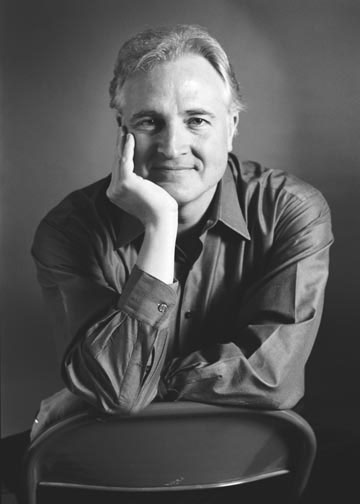New World to fete Pulitzer winners in Sunday chamber program
The 100th anniversary of the Pulitzer Prizes will be celebrated by the New World Symphony with a concert titled “Taking the Prize: A Pulitzer Centennial Celebration”Sunday afternoon at New World Center in Miami Beach. While the Pulitzers for journalism receive much attention in the media, the organization’s arts awards are less widely known to the general public.
The impetus for the chamber music program came from a concert last season at which works by two Pulitzer-winning composers were played. That led to the idea of exploring the Pulitzer legacy and contacting the organization about collaborating on a program.
“When the New World Symphony was first approached about participating in a celebration of their centennial, I perused the list of Prize-winning works and realized that over the years a number of wonderful pieces of chamber music have taken the prize,” said Michael Linville, New World’s dean of chamber music. “This program features music that is decidedly tonal and richly sensuous.”
The concert is one of the Pulitzer organization’s special “campfire events” that highlight this anniversary year. It will be webcast live beginning at 2 p.m. at nws.edu/pulitzer and later archived for viewing at the New World’s educational website (musaic.nws.edu).
The first Pulitzer Prize in music was awarded in 1943 to William Schuman for his cantata, A Free Song. Over more than seven decades, winners have ranged from such divergent composers as the conservative Samuel Barber to the fervent champion of atonality Elliott Carter.
The three compositions that will be performed Sunday reflect that stylistic diversity.
Paul Moravec won the 2004 award for his Tempest Fantasy. The quintet is a “musical meditation” on monologues and scenes from The Tempest, Moravec’s favorite Shakespeare play. The five-movement work’s genesis was Ariel, a piece written for violinist Maria Bachmann in 2001, says Moravec. “I thought of myself as the character Prospero who can invent spells but cannot carry them out. Only Ariel can and she was the violinist.” Moravec later added four more movements for an ensemble of violin, piano, cello and clarinet.
Moravec found out he had won the Pulitzer when he was vacationing with his wife in Sicily. Without internet access or a cell phone, an associate called him on a land line about a problem at his home and asked him how he felt about winning the prize. “I was floored,” he said.
The composer hopes that the audience can take away something special from the performance of his work. “There is a difference between art and entertainment. This is connected to the human need for spirituality. Art can bring us to go into ourselves and we can change.”
Steve Reich was one of the founding fathers of musical minimalism. Reich’s 2009 Pulitzer winning Double Sextet illustrates the increasing complexity of his creative output. The work can be performed by either six musicians playing with a pretaped track or by twelve live players. New World will field a full complement of a dozen musicians from its ranks. Notable in Reich’s scoring is the utilization of two vibraphones, the instrument made famous by jazz great Lionel Hampton.
The concert will conclude with the Suite from Appalachian Spring by Aaron Copland, the 1945 Pulitzer winner and a bona fide American classic. Copland’s original scoring for thirteen musicians, rather than the more familiar full orchestral version, will be presented.
The New World Symphony presents “Taking the Prize: A Pulitzer Celebration” 2 p.m. Sunday at the New World Center in Miami Beach. nws.edu; 305-673-3331.
Posted in Articles
Leave a Comment
Thu Nov 17, 2016
at 2:41 pm
No Comments







